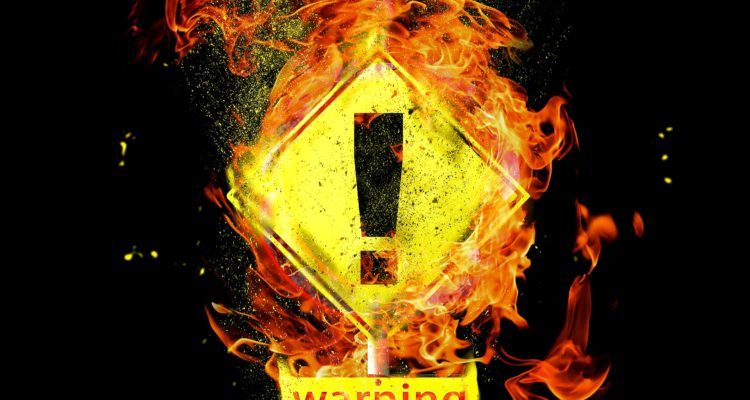Composites manufacturers with dust-generating operations should refer to NFPA 652: Standard on the Fundamentals of Combustible Dust, and NFPA 654: Standard for the Prevention of Fire and Dust Explosions from the Manufacturing, Processing, and Handling of Combustible Particulate Solids, for the practices and provisions intended to reduce combustible dust hazards. NFPA 652 provides general information for all dust-generating operations, while NFPA 654 includes provisions specifically for polymer dust, such as the dust resulting from the grinding, drilling, sanding, cutting or otherwise mechanically working composite products. The presence of dusts on horizontal surfaces like ceiling rafters and in dust handling equipment such as ducts and cyclones are areas of concern for managing combustible dust standards.
Some composites manufacturers have tested dusts generated in their operations, but all such tests have revealed that the dusts are an explosion hazard if enough is distributed in the air. Annex D of NFPA 654 describes a method for using the amount of dust accumulated on rafters and other surfaces to assess the risk of fire or explosion. Many composites manufacturers manage combustible dust hazards by using regular housekeeping to keep dust accumulation below the levels provided in Annex D. This practice keeps the amount of dust below the level that might cause an explosive atmosphere if distributed as a dust cloud in the air.
Finally, we come to NPFA 400, the Hazardous Materials Code, Chapter 14 of which is on Organic Peroxide (OP) Formulations. The 2019 Edition of NPFA 400 recommends storage limits for OP formulations based on a series of fire tests conducted by OP suppliers. Some composites manufacturers may find that the revised storage limits prevent the storage of an amount of OP necessary to support operations. In such cases, it may be possible to work with suppliers to identify a workable OP formulation with a lower hazard classification and therefore less restrictive storage limits.
ACMA members are welcome to contact me if they have questions about fire code compliance.
John Schweitzer is senior advisor to the president at ACMA. Email comments to jschweitzer@acmanet.org.
Disclaimer: Opinions, statements and technical information within the Tech Talk column are that of the authors. ACMA makes no warranty of any kinds, expressed or implied, with respect to information in the column, including fitness for a particular purpose. Persons using the information within the column assume all risk and liability for any losses, damages, claims or expenses resulting from such use.


